Georgia is a state of contrasts, celebrated for its booming urban centers and iconic Southern charm, yet home to communities facing significant economic struggles. Amid the vibrant culture and the economic growth of cities like Atlanta and Savannah, some towns are marked by hardship and resilience. Among these, Glenwood in Wheeler County stands as Georgia’s poorest town, a fact that sheds light on deeper issues of poverty, opportunity, and community spirit in the state.
Unveiling Glenwood: Georgia’s Poorest Town
Nestled within Wheeler County in southeastern Georgia, Glenwood is a small town with a population just over 1,100. Unlike bustling metro areas, Glenwood’s pace is quieter, its landscape dotted with modest homes, local businesses, and a community that knows each other by name. However, this close-knit atmosphere also encapsulates the stark realities of economic hardship, with median household incomes dramatically lagging behind the state and national averages.
The Economic Landscape: By the Numbers
Glenwood’s economic statistics reveal the scope of local poverty. The typical household income here sits at around $19,625, far below Georgia’s average of $65,030 and the U.S. average, which tops $69,000. The median home value is approximately $82,500, a figure that reflects both affordable living and economic constraints. About 16.7% of households rely on SNAP benefits—an indicator of widespread need.
Glenwood In Context: Comparing Poverty Rates
Glenwood’s struggle isn’t isolated. Other towns in the state, such as Cordele, Milledgeville, and Camilla, also face high poverty rates. Cordele, for instance, has a poverty rate exceeding 50%, with many of its 10,700 residents living below the poverty line. Cities like Milledgeville and Statesboro report poverty rates topping 40%, demonstrating how income disparity and job scarcity are widespread challenges in rural Georgia.
Wheeler County: A Broader Perspective
Wheeler County itself is among Georgia’s lowest-income counties. With a population around 7,400, the median household income stands at $36,354—just over half the state average. More than 31% of its residents live in poverty. The region’s economy is primarily agricultural, but limited diversification and scarce high-paying jobs keep many families struggling to meet basic needs.
Historical Roots of Poverty
To understand Glenwood’s current situation, it’s important to look at the historical and economic trends in rural Georgia. Once thriving, many small towns found themselves on the periphery of industrial and technological booms that swept through larger cities. Job opportunities dwindled, local industries faded, and generations of residents faced declining prospects. Agricultural modernization reduced labor needs, leaving fewer employment opportunities.
The Human Impact of Economic Hardship
The most striking impact of Glenwood’s poverty is on the daily lives of its residents. Children growing up here face significant challenges: educational resources are limited, extracurricular activities are scarce, and many families must prioritize basic needs over enrichment opportunities. Healthcare access, too, is a persistent concern, with limited local facilities and high rates of chronic illness associated with poverty.
Local schools work tirelessly to support students, but funding gaps remain. Many students rely on school meal programs, and teachers often go above and beyond to bridge educational divides. Community organizations and churches serve as lifelines, providing food assistance, clothing drives, and social services.
Stories of Resilience
Despite these hardships, Glenwood’s community spirit remains strong. Residents—many of whom have deep family roots in the town—work together to support each other. Churches and local nonprofits lead food bank efforts and youth outreach programs. Volunteers organize community gardens, events, and donation drives, showing that neighborly support runs deep in Glenwood.
Some entrepreneurial residents have launched small businesses to fill local needs, from auto repair shops to family restaurants. While the economic climate is challenging, these entrepreneurs embody Glenwood’s resilience, hoping to spark new growth.
Challenges in Economic Development
Attracting new businesses and industries to Glenwood is a complex task. The town’s remote location, limited transportation infrastructure, and small labor pool make it less appealing for investment compared to cities with larger populations and access to major highways or rail lines. Additionally, educational attainment rates in Wheeler County trail state levels, impacting workforce readiness.
Local leaders, however, remain committed to revitalization. Emphasis is placed on leveraging agricultural strengths—like pecan farming and cattle ranching—and promoting the region’s natural beauty through tourism initiatives at sites like Little Ocmulgee State Park. While progress is slow, there are signs of hope in ongoing efforts to bring broadband internet and new business incentives to the community.
The Social Fabric: Faith and Family
Central to life in Glenwood is a deep sense of faith and family. The town’s churches are not only places of worship, but also community centers supporting residents in tough times. Weekly events, youth groups, and family picnics foster unity. In the absence of large entertainment venues, residents cherish local traditions—holiday parades, homecoming dances, and town fairs.
Generational ties keep families rooted in Glenwood, and this continuity provides both stability and a foundation for communal support. Older residents recall a time when mill jobs offered reliable income, and their stories shape the hopes of younger generations.
Educational Initiatives and Hurdles
Education is both a challenge and a hope for Glenwood. Wheeler County schools face funding shortages common to rural Georgia, limiting access to technology and specialized programs. Extracurricular offerings are limited, and students often travel to neighboring towns for sports or music programs.
Teachers play a critical role, often taking on mentorship duties and advocating for student needs. Partnerships with larger organizations aim to bring resources—such as books, computers, and grant funding—to Glenwood’s schools. While graduation rates are slowly improving, many graduates still struggle to find jobs locally unless they choose to enter agriculture or small business.
Healthcare: Battling Shortages
Rural health disparities hit Glenwood hard. The nearest full-service hospital is miles away, and many residents lack reliable transportation. Chronic illnesses like diabetes and heart disease are prevalent, and preventive care is difficult to access.
Telemedicine is slowly being introduced, and mobile health clinics often visit the area. However, for residents without internet connectivity or vehicles, these solutions are not always accessible. Leaders advocate for improved healthcare funding and increased availability of insurance benefits, recognizing that good health is essential to breaking the poverty cycle.
Housing: Affordability vs. Quality
While Glenwood’s housing market is one of the most affordable in Georgia, many homes are aging and in need of repairs. Limited access to housing grants and low rates of new construction create obstacles for families seeking safe, quality living spaces.
Some residents have turned to self-renovation or community-supported fix-up projects. Nonprofit organizations occasionally provide assistance, helping families make their homes safer and more energy-efficient. Still, housing remains an ongoing challenge, especially for elderly residents.
Infrastructure Limitations
Public infrastructure is another area where Glenwood faces hurdles. Roads, public utilities, and internet access lag behind state standards. Broadband expansion is a key development target, as reliable internet is now vital for education, healthcare, and economic growth.
Improving infrastructure requires government and private investment, and Glenwood is making its case for inclusion in rural development funding. Better roads and digital connectivity could greatly improve prospects for local students and entrepreneurs.
The Role of State and Federal Support
State and federal assistance programs play a crucial role in supporting Glenwood’s families. Programs like SNAP, Medicaid, and housing vouchers provide vital lifelines. Economic development grants and education funding from outside the region fuel local initiatives, while partnerships with statewide nonprofits help deliver food, clothing, and health services.
Advocacy groups continue to push for increased rural funding, emphasizing the importance of “not forgetting” communities like Glenwood.
Opportunities for Change
While the odds sometimes seem stacked against it, Glenwood is far from powerless. Community leaders actively seek partnerships with statewide organizations and public agencies to bring in new resources. There are opportunities for agricultural innovation, tourism, and small-scale manufacturing to provide new jobs.
Younger residents, especially those with college experience or trade skills, return home determined to spark change. From organizing local markets to facilitating youth leadership programs, grassroots efforts lay the foundation for a brighter future.
Looking Ahead: Glenwood’s Next Chapter
The story of Glenwood is emblematic of rural hardship, but also of communal strength and hope. While economic indicators highlight the severity of poverty in the town, they do not capture the resilience of its residents, nor the pride they take in community, tradition, and family.
Solving Glenwood’s challenges will require ongoing investment in education, healthcare, infrastructure, and economic development. As Georgia continues to grow, supporting its poorest towns is essential for true statewide advancement. Glenwood, with its strong sense of identity and determination, will continue fighting for a seat at the table of progress.
Conclusion
Glenwood’s place as the poorest town in Georgia is not just a statistic—it is a reflection of generations working to survive and thrive in the face of adversity. The town’s story is one of struggle, but also relentless hope, collaboration, and the belief that change is possible. Addressing the needs of Glenwood, and towns like it across the state, is not only a matter of economic policy but of fairness and compassion.
Efforts to revitalize Glenwood’s economy, strengthen its social support systems, and improve educational and health outcomes will chart the course for its future. The pathway out of poverty may be long, but the spirit of Glenwood endures—proof that even the smallest Georgia town can hold the biggest hopes for tomorrow.

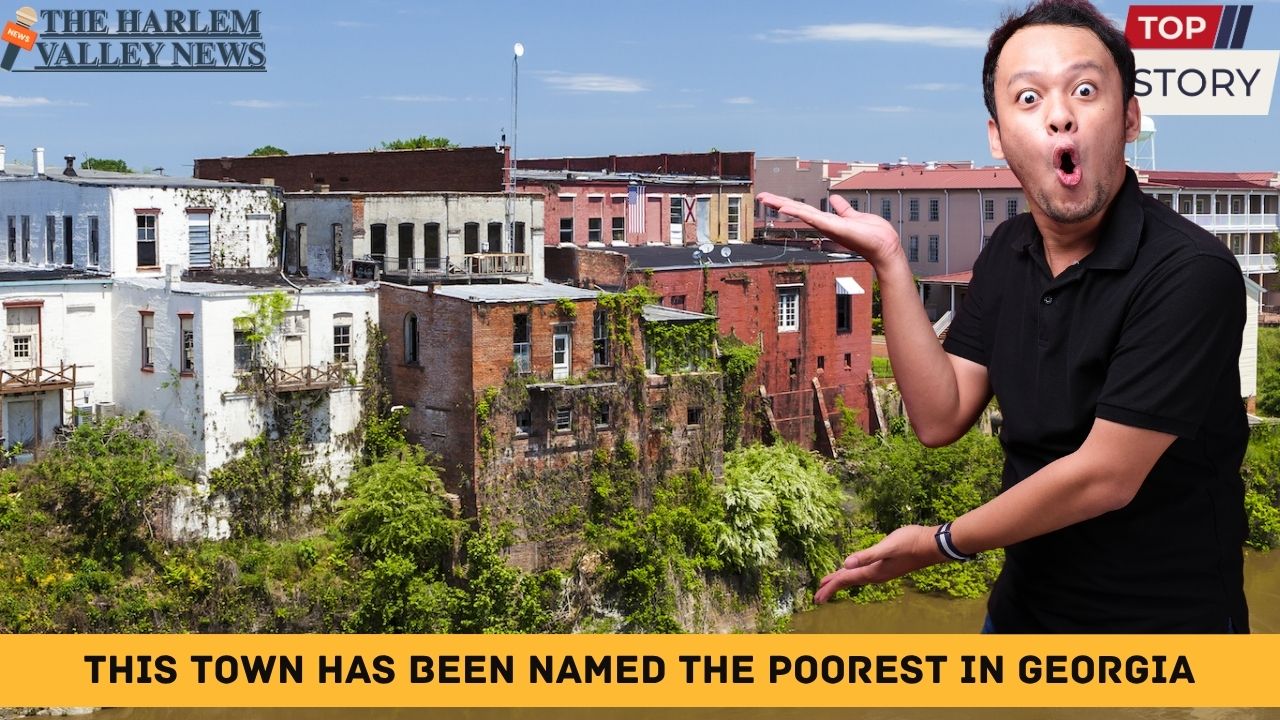





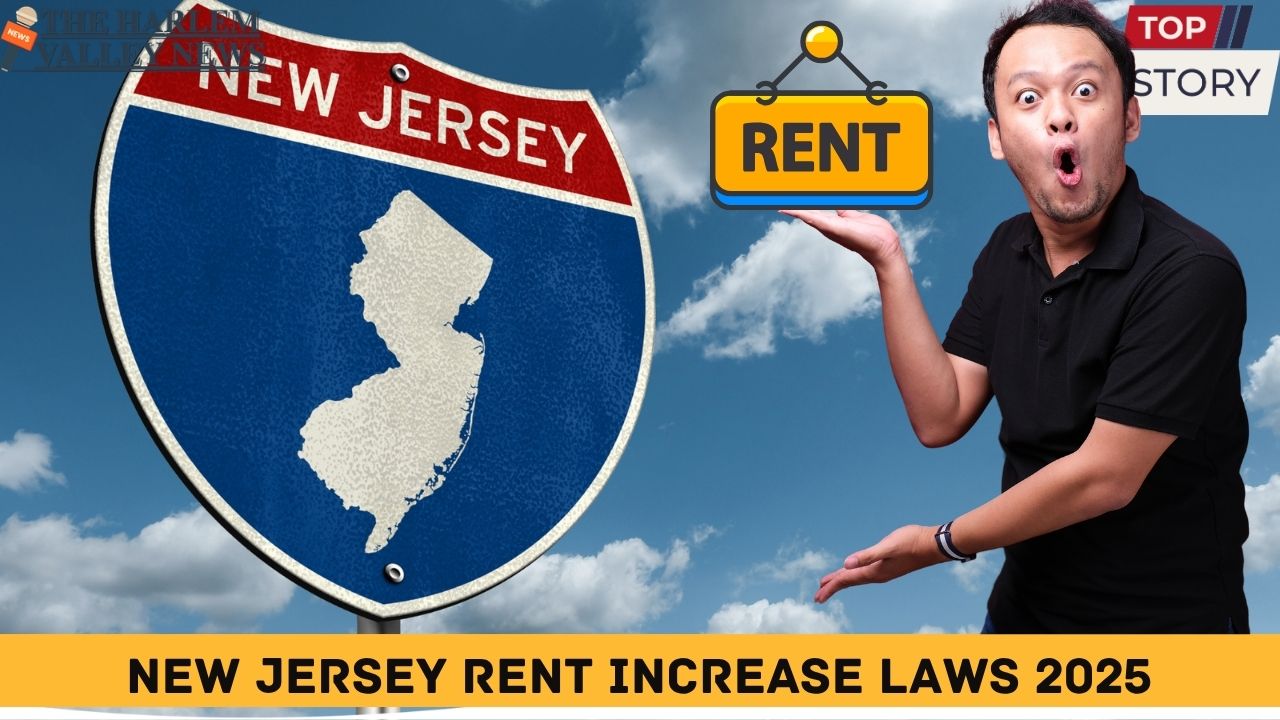


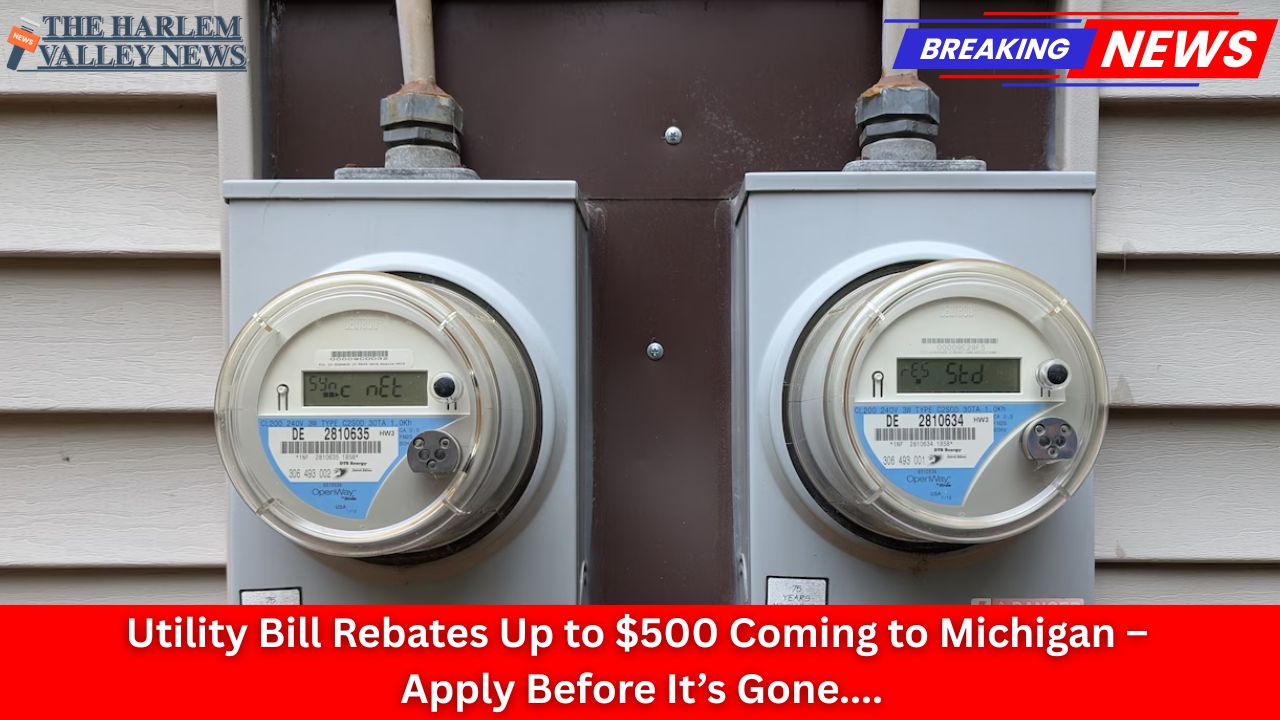
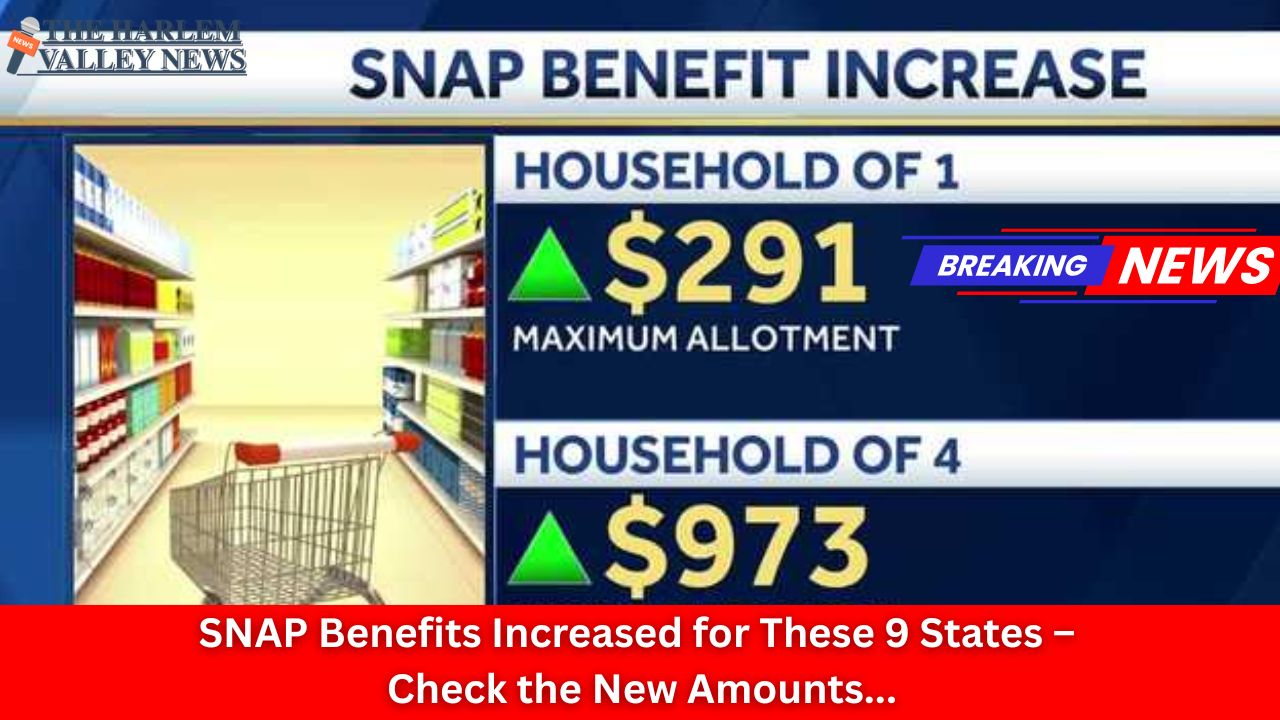


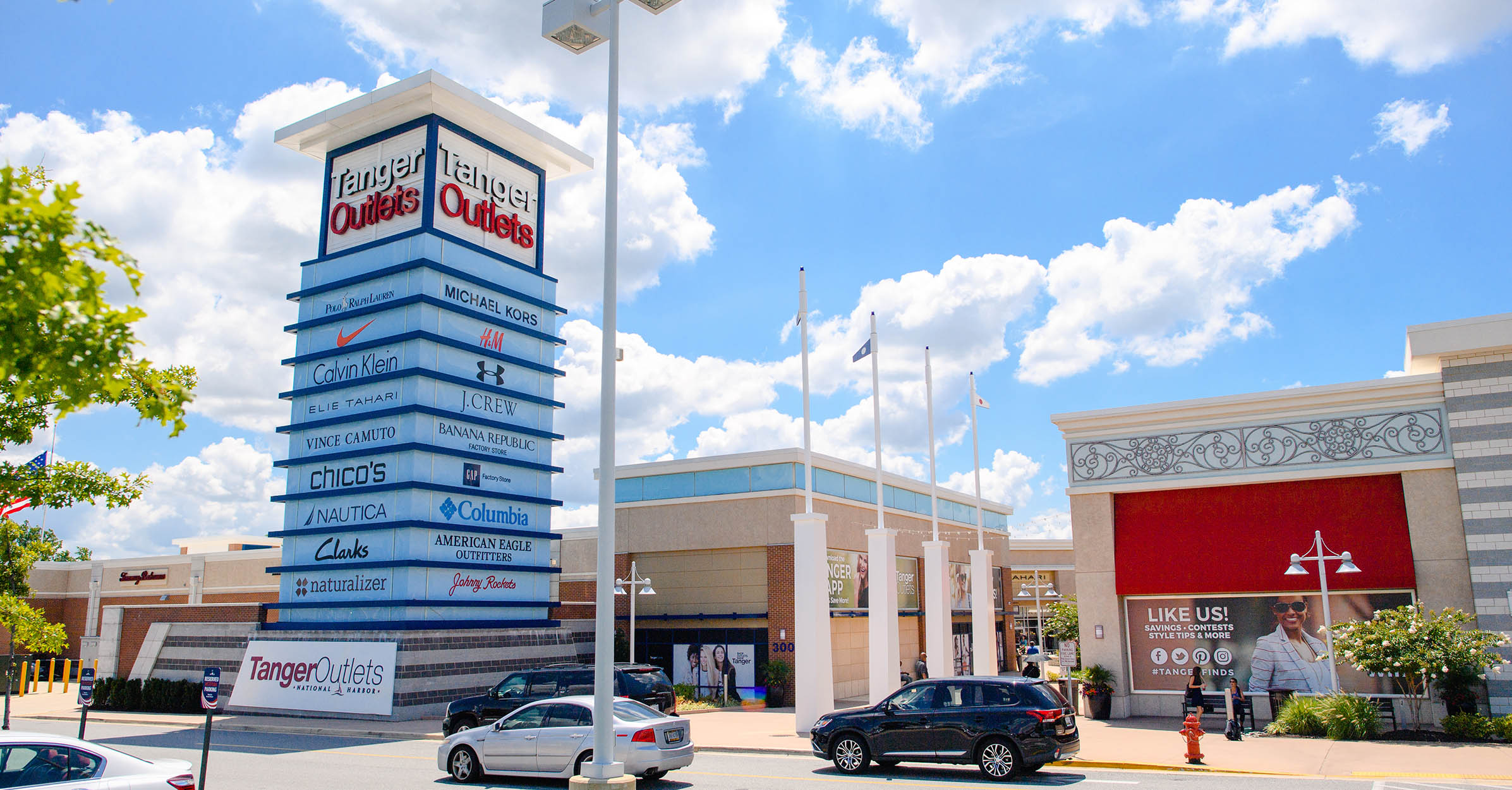
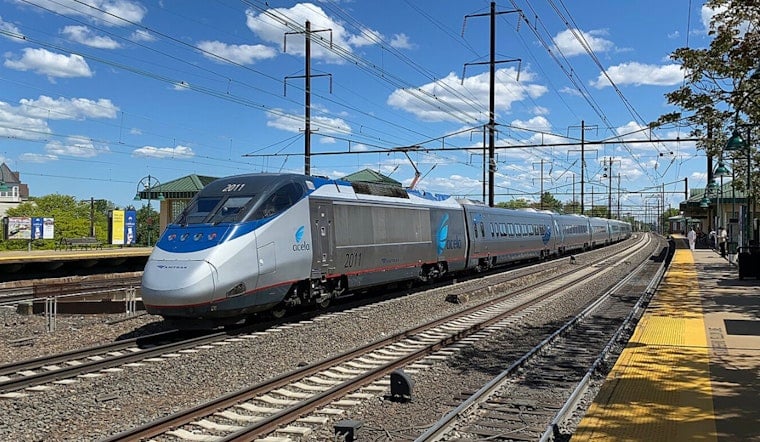
Leave a Reply